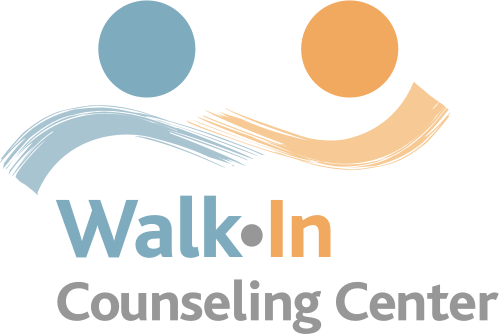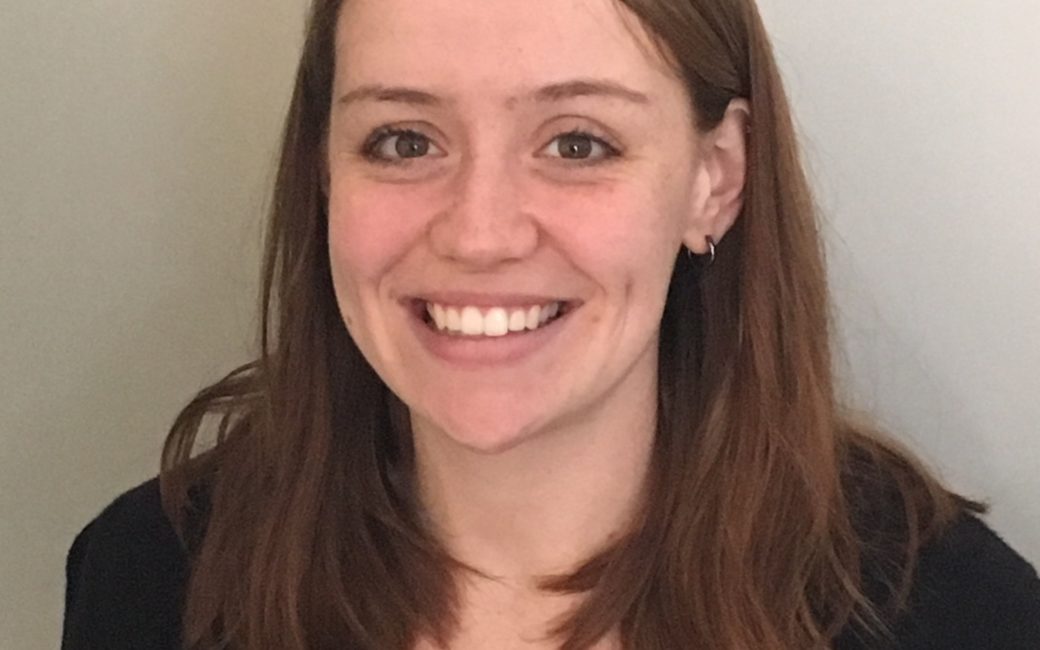Mental health services are becoming less and less accessible in Minnesota, especially for uninsured and low-income people. Walk-In is the only place where clients can get free, no-appointment, anonymous counseling services. But how much is known about Walk-In in the mental health community, and where do clients go when Walk-In isn’t open? This summer, we plan to find out, with the help of our new summer intern, Madeline Schwartz.
Madeline, a graduate student at the University of Minnesota School of Public Health, is designing and conducting a survey of mental health agencies and practitioners. The survey will help us gauge the perceived effectiveness, need for, and awareness of Walk-In’s services.
“I’m very excited to learn more about how the mental health community tries to meet the needs of people without easy access to counseling services, ” Madeline says. “I’ve learned a lot about the importance of survey research and community-based participatory research in my public health classes. Now I’m applying that to real-world problems.”
Since last time Walk-In conducted a similar survey seven years ago, several non-profit agencies have reduced or eliminated low-cost and sliding-fee-scale mental health services, or gone out of business completely. As a result, tens of thousands of people have lost access to low cost mental health counseling services.
Madeline is especially interested in what answers will come from questions such as Where would you refer clients if Walk-In did not exist? “I’d like to know more about the specific ways that Walk-In fills the gaps for accessible mental health counseling. These services seem vital to those who may not have other options due to a lack of or poor insurance or the need for timely services during a crisis.”
Originally from Madison, WI, Madeline studies Public Health Administration and Policy at the University of Minnesota in the Twin Cities. She was drawn to public health because of an interest in community initiatives that increase underserved populations’ access to affordable healthcare and the role that politics play in these issues. Madeline has also worked as a Legislative Advocacy intern with The Arc Minnesota. She is an avid biker and loves to explore the Twin Cities in the summer.

